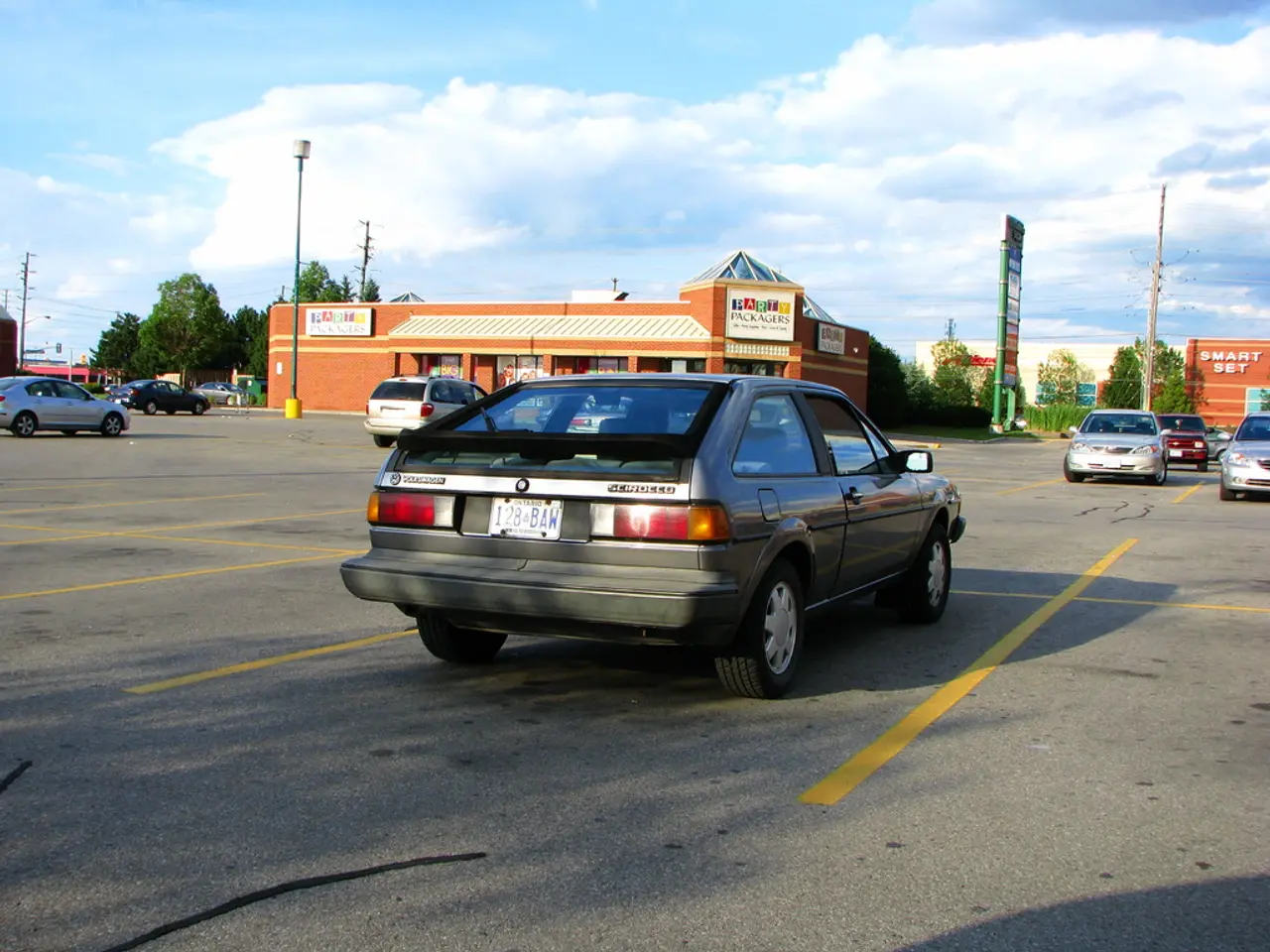Ultimate Push for a Potentially Car-Free Berlin: Here's What You Need to Know
- ⏱️ Read Time: 2 Minutes
City may transition to vehicle-free status within several years. - Berlin on Path to Car-Free Status Within Few Years
The "Berlin Car-Free Initiative" marches forward with its proposal for a comprehensive ban on automobiles in the city. The Berlin Constitutional Court has granted admission to the citizens' initiative application.
In the summer of 2021, the initiative managed to amass over 50,000 signatures for initiating a corresponding citizens' initiative for traffic reform. The initial phase of this citizens' initiative aimed for 20,000 valid signatures. However, the subsequent round of signature gathering was thwarted by the Senate, which deemed the proposed legislation constitutionally debatable and referred it to the constitutional court for examination.
The judges then weighed the admissibility of such a popular vote, with Berlin's highest court ultimately concluding that the bill aligns with the Berlin Constitution, Basic Law, and federal law. In her judgment, court president Ludgera Selting stated that the state legislature holds the scope to design traffic laws and there is no requirement to maintain a certain use of road space.
It's essential to clarify that this court decision does not automatically mean Berlin will be car-free, but rather endorses the legal viability of the bill.
According to the initiative's plans, almost all streets within the S-Bahn ring—excluding federal roads—would be designated as "car-restricted zones" following a four-year transition period. Each person would be allowed up to twelve private car trips annually.
Individuals with disabilities, emergency services personnel, waste collection crews, taxis, commercial and delivery vehicles, and buses would be granted exceptions to the car ban.
The court's decision paves the way for the initiative to initiate the next stage of the citizens' initiative. In the subsequent four months, the signatures of at least seven percent of eligible Berlin voters must be collected. This translates to approximately 170,000 individuals.
Should the signature drive succeed, a popular vote will ensue, with Berliners casting their ballots and offering their approval or disapproval of the car ban. If a majority of voters and at least a quarter of all eligible voters concur, the bill will take effect, fundamentally altering the transportation landscape in central Berlin.
- Berlin
- People's Vote
- Constitutional Court
- Car
Sources:1. The Guardian2. Deutsche Welle3. Berlin Car-Free Initiative4. The Local
- The Berlin Car-Free Initiative, now endorsed by the Berlin Constitutional Court, moves forward with its plan for a citizens' initiative focused on traffic reform, involving a potential ban on automobiles in the city.
- In the following four months, the initiative aims to collect at least seven percent of eligible Berlin voters' signatures, which will trigger a popular vote, allowing Berliners to express their support or opposition to the proposed car ban in the city.
- Should the initiative successfully gather the required signatures, and if a majority of voters and at least a quarter of all eligible voters approve the car ban, the initiative could potentially pave the way for vocational training in sustainable transportation industry and environmental-science, thereby contributing to a vibrant and financially sound community policy in Berlin.




